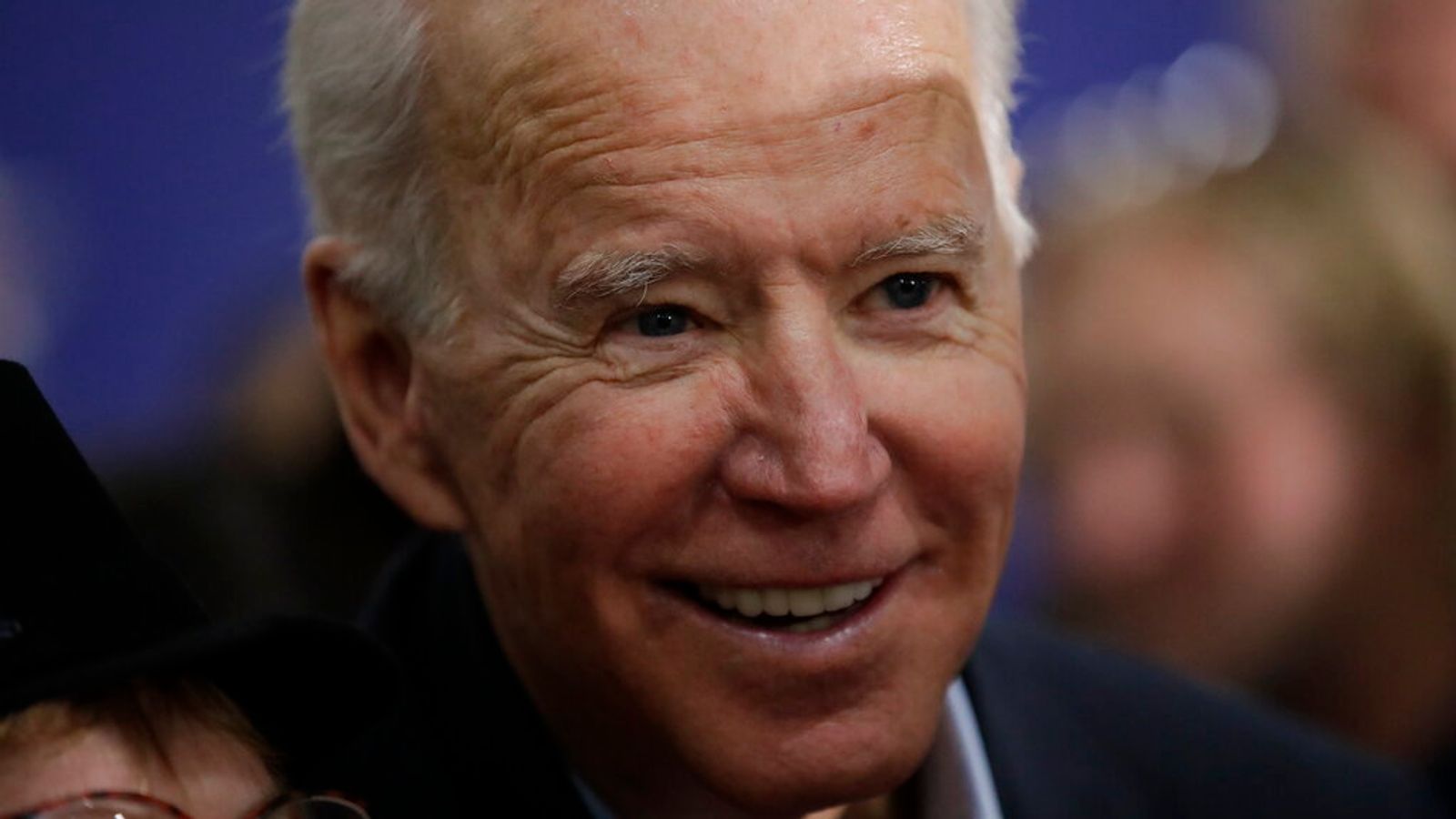President Biden is peppering his administration with some of the most lauded critics of Big Tech, with a British-born legal scholar now tipped for a role at the Federal Trade Commission.
Lina Khan was applauded in 2017 for a 24,000-word paper titled Amazon‘s Antitrust Paradox, which addressed the shortcomings of modern American competition law.
While the appointment of Ms Khan, who is now an associate professor at Columbia Law School, has yet to be formally announced, she would join an administration that is placing numerous accomplished critics of the tech giants in key roles.
Ms Khan’s paper challenged the orthodox approach to antitrust issues, which focuses on the impact that monopolies have on consumer pricing, noting how Amazon was controlling its competitors – potentially benefiting consumers in the short term, but with a devastating impact on the rest of the industry.
She worked as counsel for the US House Judiciary’s antitrust subcommittee, which published a report accusing Amazon, Apple, Facebook and Google of monopolising the digital market, and recommended antitrust laws be used to break them up.
Her appointment would need to be approved by Congress, which yesterday held a hearing for another Biden administration candidate – Vanita Gupta – for the associate attorney general role at the Department of Justice, the third-ranking official in the department which typically oversees its antitrust division.
Ms Gupta had previously served as the assistant attorney general for civil rights under the Obama administration and has criticised Facebook over the company’s handling of messages encouraging violence and containing hate speech.
President Joe Biden has also appointed Tim Wu, who previously served on the National Economic Council in the Obama administration’s White House, as a special assistant to the president on technology and competition policy.
Mr Wu, also a professor at Columbia, previously served as a senior advisor the Federal Trade Commission, and recently published a book called The Curse of Bigness in which he argued that America has forsaken what had previously been a rich tradition of anti-monopoly enforcement.






















